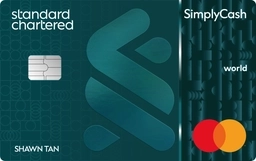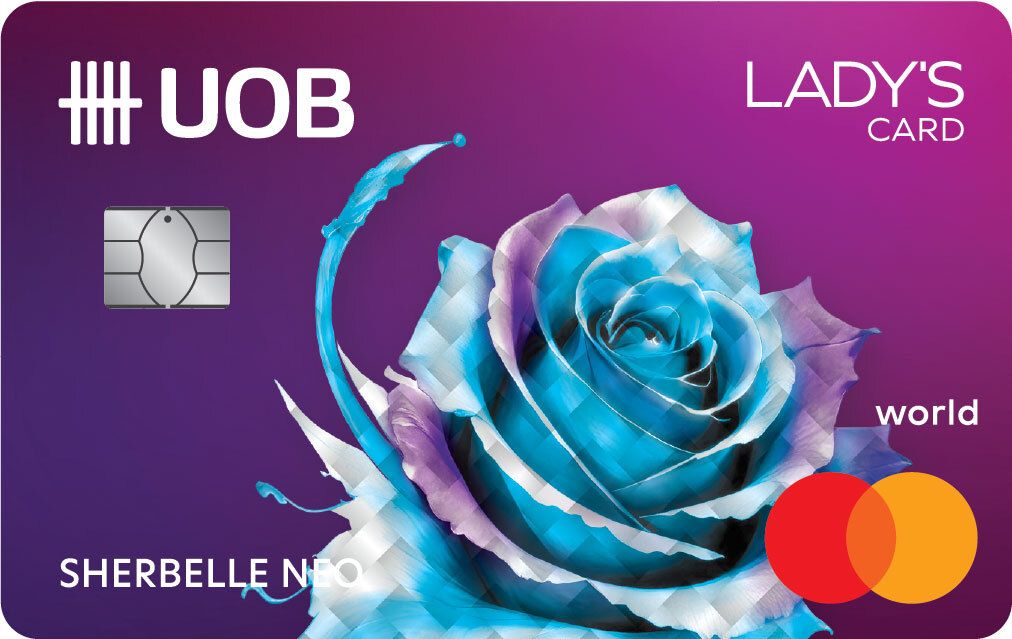Debit cards are safer than credit cards, right? Wrong. A debit card can actually pose more threat to your financial health than a credit card.
Do you have uncontrollable urges to spend $10,000+ on virtual farm animals? No? Then you’re one of the well-adjusted people who should consider a credit card (see: 7 Benefits of Owning Credit Cards). In truth, the only real advantage of credit versus debit is controlled spending. If you have a bit of discipline, a credit card is actually better for savings — and it’s sometimes safer:
In some situations, a debit card can be more dangerous than a credit card. Keep reading to learn when!
Table of contents
-
1. Identity theft can be much worse if your debit card is stolen
Whether your credit or debit card is stolen, your maximum liability should only be $100 according to Association of Banks in Singapore (ABS) guidelines.
However, there is an important difference: with a debit card, the money spent by a thief is taken directly from your bank account. With a credit card, no money is actually taken from you yet.
In either case, you will have to raise a dispute on the charges to avoid paying them. The bank will then investigate your claim, and this can take a few weeks (sometimes even months). This is the point where things get rough on debit card holders.
See also: Credit Card Chargeback – Reversing Unauthorised Transactions in Singapore
During the investigation period, the debit card holder has no cash on hand. The thief has probably emptied their bank account, so simple things like paying electricity bills or buying food will be a major hassle. A credit card holder, however, will still have cash: money charged to their credit card isn’t immediately deducted from their account.
So the keyword here is "immediately".
2. Debit cards can be "almost useless" in a crisis
If you need extra cash for an emergency, a debit card is no help.
Say you have an unfortunate accident. The medical costs come to over S$3,000, which is more than your current savings; and you can’t exactly wait until your next paycheque if you’ve broken a leg or require surgery.
If all you have is a debit card, you’re in trouble. A debit card can never give you more money than what is in your account, so you’d better have a generous friend or relative you can inconvenience.
Even if you decide to take a personal loan to cover it, don’t assume you will get one instantaneously (you can try to get loans with our personal loan comparison tools, but a credit card is the best guarantee of instant credit).

HSBC Welcome Offer: Enjoy the following rewards when you sign up for an HSBC Personal Loan:
Enjoy attractive interest rates from 1.83% p.a. (EIR from 3.5% p.a.) when you apply for HSBC Personal Loan via SingSaver. Available to new and existing customers! Valid till 1 March 2026. T&Cs apply.
If you had a credit card, you could use easily use it first and gradually pay down the amount.
A common contention to this is that you should have an emergency fund, which prevents you needing a credit card for such reasons. This is brilliant in theory, but not always functional in reality. There may be times when you’ve just spent the emergency fund on a previous crisis, or the fund is still being built because you’ve only three months in the workforce.
We encourage you to build an emergency fund of six months of your income, and to do so as soon as possible. However, the fact remains that having the option of instant credit may be safer.
3. Banks won't "fight for you" during debit card disputes
When the money is from a credit card, you can leave the bank to fight the merchant. On the other hand, debit cards will let you do the fighting.
Let’s say you dispute a charge because the merchant is less than honest. Perhaps you buy a bag online, and you get a cheaper model sent to you instead.
Now if you used a credit card and get the payment is blocked, it’s the bank that ends up fighting the merchant. After all, it’s their money that was taken, not yours. But if you use a debit card, the money has been deducted from your account. You’re the one left to fight the merchant, and therein lies all the difference.
In the event that a legal tussle happens, recovering your loss will involve you going down to small claims or CASE to work things out. It could take months, cost you more money, and may not even end in your favour. With a credit card, it’s the bank’s lawyers that have to handle it.
💡 Pro-tip: To err on the side of caution, opt for a credit card with free e-commerce protection when purchasing items online! The UOB Lady's & Lady's Solitaire Cards and DBS Woman's & Woman's World Cards are excellent examples for this.
Best credit cards with free e-commerce protection 🛍️
- UOB Lady's Card: 4 mpd on one enrolled category (e.g. Pick "Fashion" as reward category per quarter)
- UOB Lady's Solitaire Card: 4 mpd on two enrolled categories
- DBS Woman's Card: 2 mpd on select online purchases
- DBS Woman's World Card: 4 mpd on select online purchases, 1.2 mpd on overseas purchases
UOB Lady's Card open_in_new





DBS Woman's Card open_in_new





DBS Woman's World Card open_in_new





Similar articles
OCBC 90°N Credit Card Review: Seize the Globe With Attractive Foreign Currency Spending Rates
Which Taobao Agents in Singapore Should You Use to Avoid Getting Scammed?
Why You Should Own a Credit Card in Singapore: 7 Credit Card Benefits You Can Enjoy
4 Things To Do Immediately If Your Credit Card Details Get Stolen
Metal Credit Cards VS Regular Credit Cards: What’s The Difference?
CNY Ang Bao Guide 2025: Rates, Etiquette And Everything You Need To Know
Klook Promo Codes in Singapore (October 2024): Klook Birthday Travel Sale, up to S$100 Off Sitewide, and more!
Credit Card Chargeback: Reversing Unauthorised Transactions in Singapore











